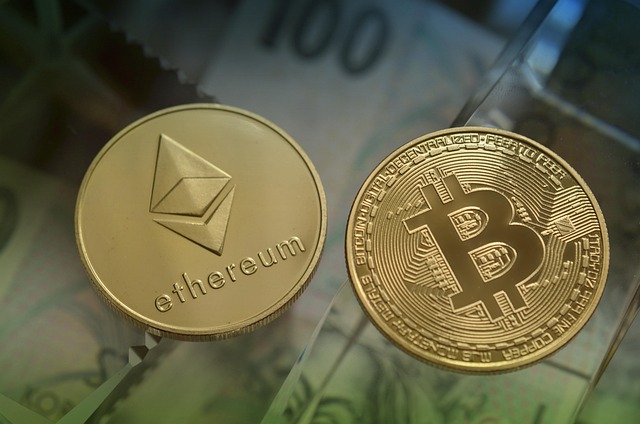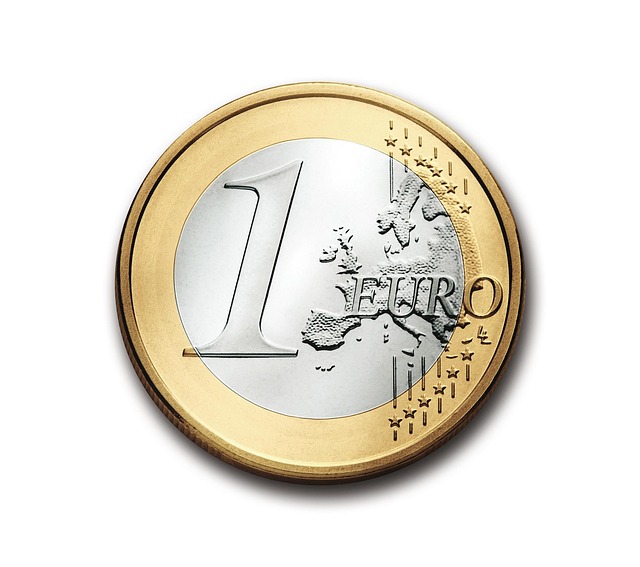The Impact of Global Events on Your Investments
Investing is often compared to navigating a vast ocean; it requires skill, patience, and a keen awareness of external factors that can influence your journey. One of the most significant influences on investment performance is global events. The interconnectedness of today’s financial markets means that events occurring on the other side of the world can have immediate repercussions on your investments. This article explores how various global events can impact investments, the mechanisms behind these influences, and strategies for mitigating risks.
Understanding the Types of Global Events
Global events can be categorized into several principal types, each with its unique impact on financial markets. These events can be political, economic, environmental, or social in nature.
Political Events
Political events encompass a wide array of occurrences, including elections, government policy changes, and international relations developments. For instance:
Election Outcomes: The results of national elections can lead to drastic shifts in fiscal and monetary policy. A new government may introduce new regulations, alter tax policies, or change trade agreements, affecting market sentiment and the performance of various sectors.
Geopolitical Tensions: Events such as military conflicts, trade wars, and diplomatic sanctions can lead to increased market volatility. Investors often react to perceived risks by moving funds to safer assets, such as gold or government bonds, which can thereby impact stock prices.
Economic Events
Economic indicators, reports, and trends significantly shape investment climates. Central bank decisions on interest rates, inflation data, and gross domestic product (GDP) growth rates are pivotal.
Central Bank Policies: When central banks raise or lower interest rates, it can trigger substantial movement in the stock and bond markets. For example, lower interest rates often lead to higher stock prices as borrowing costs decrease, encouraging companies to invest and grow.
Economic Crises: Financial crises, such as the 2008 recession, reveal how interconnected global economies are. Crises can lead to downturns in consumer confidence and spending, dramatically affecting investment portfolios.
Environmental Events
Natural disasters and climate change also play an increasingly important role in shaping investment landscapes. Events like hurricanes, floods, and wildfires can disrupt supply chains, impact commodity prices, and affect agricultural outputs.
Climate Change: The growing focus on sustainability means that companies that adapt to environmental changes may perform better in the long run. Conversely, those that fail to address these challenges may see their stock prices decline amid increasing regulatory scrutiny and public pressure.
Social Events
Social movements and cultural shifts influence consumer behaviors and, correspondingly, market dynamics. Trends in social responsibility, diversity, and corporate governance have gained prominence, impacting companies’ reputations and resultant stock performance.
Consumer Preferences: The rise in demand for ethically produced goods and services changes market dynamics. Investors may choose to divest from companies that do not align with these values, which can ripple through stock valuations and investment flows.
Mechanisms of Impact
Understanding how global events affect investments involves exploring various mechanisms through which these events exert influence. Market psychology, media coverage, and the response of financial institutions contribute to the dynamics of global investment reactions.
Market Psychology
Human emotions significantly drive market movements. Fear, greed, and uncertainty can lead to hasty investment decisions, impacting stock prices regardless of fundamental values. For example, news of an impending political crisis can trigger a sell-off even if the economic fundamentals remain unchanged.
Media Coverage
Media plays a vital role in shaping public perception regarding global events. 24/7 news cycles can amplify the impacts of events, causing swift changes in investor sentiment. Social media further accelerates this effect, often leading to ‘herd behavior’ where investors make decisions based on the actions of others rather than rational analysis.
Financial Institutions and Hedge Funds
Large institutional investors, such as hedge funds and mutual funds, often have the ability to move markets significantly. When these entities react to global events, their actions can create a ripple effect across markets, exacerbating volatility. For instance, if a major fund divests from a country experiencing political upheaval, it can lead to a sharp decline in the country’s stock prices, impacting global investors.
Strategic Response to Global Events
Given the volatile nature of global markets influenced by unpredictable events, investors must adopt strategies to safeguard their investments. Here are some approaches to consider:
Diversification
Diversifying your investment portfolio across different asset classes, sectors, and geographical regions can help mitigate risks associated with global events. When one market or sector is underperforming due to external events, others may remain stable or even thrive, balancing overall portfolio performance.
Staying Informed
Regularly monitoring global news and understanding geopolitical and economic trends can provide insights into potential market movements. Staying updated with reports from financial experts can also help shape investment decisions.
Risk Assessment and Adjustment
Investors should continuously assess their risk tolerance and adjust their portfolios accordingly. In times of heightened volatility, it may be prudent to shift towards more stable investments or hedge against potential downturns through options strategies or other financial instruments.
Long-Term Perspective
While global events can cause short-term disturbances in financial markets, adopting a long-term investment perspective can help investors ride out the volatility. Historical trends show that markets tend to recover from crises over time. Therefore, maintaining focus on long-term goals can prevent hasty decisions driven by emotional reactions to global events.
The Future Landscape of Investments
As the world becomes increasingly interconnected, the impact of global events on individual investments is expected to grow. Technological advancements and globalization will likely continue shaping global markets, bringing new challenges and opportunities for investors.
Investors must remain agile and adaptable, leveraging technology and information to stay ahead of market trends. Innovative investment strategies, such as those that incorporate artificial intelligence and machine learning, will become more prevalent as these technologies offer new ways to analyze and react to global events.
Conclusion
In a world where global events have a profound impact on investments, understanding the nature of these events and their mechanisms is crucial for making informed financial decisions. While it is impossible to predict every occurrence, employing strategies such as diversification, remaining informed, and adopting a long-term outlook can help investors navigate the turbulent waters of global markets. As you sail through your investment journey, being prepared for the unexpected can be the key to weathering any storm.



